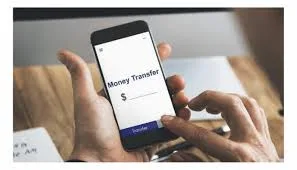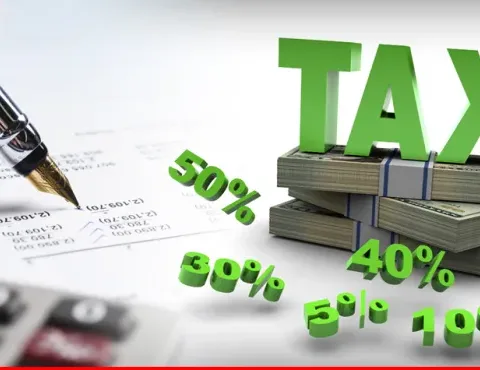Digital Cash Transfer Boosts Government Revenue
The Federal Government of Nigeria has earned N103.7bn in revenue through Digital Cash Transfer levies in the first half of 2024. This represents a 7.55% rise from the N96.44bn collected during the same period in 2023, according to data from the Central Bank of Nigeria’s statistical bulletin.
The increase reflects a shift toward electronic transactions as more Nigerians embrace digital banking and cashless payments. A senior official from the Central Bank, Mr. Olumide Adeyemi, highlighted, “This rise in Digital Cash Transfer revenues shows the growing confidence Nigerians have in digital payment systems. The convenience is hard to overlook.”
Join our WhatsApp ChannelElectronic Money Transfer Levy Explained
The Electronic Money Transfer Levy (EMTL), introduced in the Finance Act of 2020, is aimed at tapping into the rapid growth of electronic funds transfers in Nigeria. It imposes a one-off N50 charge on digital transactions of N10,000 or more made through deposit banks or other financial institutions.
Mr. Adeyemi further explained the importance of the levy, noting that, “The Digital Cash Transfer levy has become a significant revenue stream for the government. It also encourages transparency and traceability in financial transactions.”
READ ALSO: Nigeria’s Digital Dilemma: Balancing Freedom Of Speech With Governance
Monthly Breakdown of Digital Cash Transfer Revenues
In January 2024, the government generated N18.60bn from Digital Cash Transfer levies, though this marked a 26.57% decrease compared to the N25.33bn collected in January 2023. February saw a more positive trend, with the revenue increasing by 20.21% to N16.59bn, up from N13.80bn in the previous year.
March saw a significant jump in revenue, with N18.60bn collected — a 53.41% increase compared to N12.13bn in March 2023. In April, the figures remained steady with a slight increase to N15.37bn, a 1.85% rise from the N15.09bn collected in April 2023.
Revenue peaked in May, reaching N18.78bn, which was 24.24% higher than the N15.12bn collected in May 2023. However, June saw a slight drop compared to May, with N15.78bn collected. Still, this represented a 5.40% increase from the N14.97bn recorded in June 2023.
Surge in E-Payments Drives Digital Cash Transfer Growth
The growing reliance on digital payment platforms has fueled the rise in Digital Cash Transfer revenues. The Nigeria Inter-Bank Settlement System (NIBSS) reported that e-payment transactions surged by 86.44% in the first half of 2024, jumping to N566.39tn from N303.60tn in the same period last year.
“The surge in electronic transactions directly boosts our Digital Cash Transfer revenues,” said Mr. Adeyemi. “As more people use mobile apps, USSD, and internet banking for transfers, the potential for growth in revenue from these levies will continue.”
In 2023, electronic payment transactions in Nigeria reached a record high, increasing by 55% to N600tn compared to N387tn in 2022. The shift toward digital payment methods has been largely attributed to the convenience and speed that they offer.
However, Adeyemi pointed out that the shift to digital transactions has also raised concerns about fraud. “With the rise in digital payments, security becomes a priority. We must ensure that users feel safe when making electronic transfers.”
Challenges Facing the Digital Cash Transfer Ecosystem
While the increase in Digital Cash Transfer revenues signals progress, the rise in mobile money fraud across Africa poses a challenge. According to the Global System for Mobile Communications Association’s (GSMA) State of the Industry Report on Mobile Money 2023, fraud in mobile money systems across the continent exceeded $1bn. This raises concerns that security issues could slow down the adoption of digital cash systems.
“Security is critical for sustained growth in the digital payments ecosystem,” stated Adeyemi. “As we work to boost revenues from Digital Cash Transfer levies, we are also putting systems in place to prevent fraud and ensure a secure transaction environment for all users.”
A Positive Outlook for Digital Cash Transfers
Despite challenges, the revenue generated from Digital Cash Transfer levies in the first half of 2024 paints a positive picture for the future of digital transactions in Nigeria. As more businesses and individuals turn to electronic payments, the government’s earnings from these levies are expected to grow further. However, maintaining the trust of users by ensuring security will be key to sustaining this momentum.
Emmanuel Ochayi is a journalist. He is a graduate of the University of Lagos, School of first choice and the nations pride. Emmanuel is keen on exploring writing angles in different areas, including Business, climate change, politics, Education, and others.

















